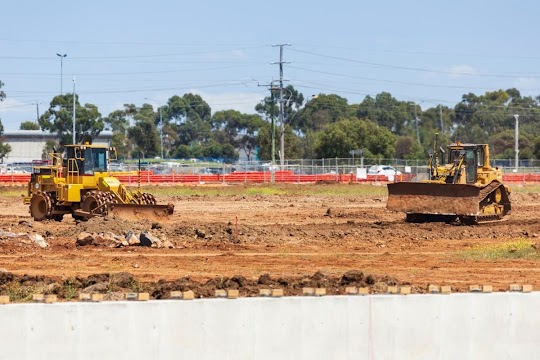When it comes to assessing the worth of your business assets, an equipment appraisal plays a pivotal role. Whether you are looking to sell, purchase, insure, or simply understand the value of your machinery and equipment, an equipment appraisal provides a professional and objective evaluation. But what exactly is an equipment appraisal, and why is it crucial for your business? Let’s delve into the details.
Defining Equipment Appraisal:
An equipment appraisal is a systematic process of determining the monetary value of machinery, equipment, and other assets owned by a business. This valuation is conducted by certified appraisers who possess in-depth knowledge about various industries and the equipment used within them. The primary purpose of equipment appraisal is to establish an accurate and fair market value for the assets in question.
Why is Equipment Appraisal Important?
Facilitates Informed Decision-Making:
Knowing the precise value of your equipment empowers you to make informed decisions. Whether you are planning to upgrade your machinery, secure financing, or sell your assets, an appraisal provides you with the necessary data to make strategic choices.
Insurance Purposes:
Adequate insurance coverage is vital for any business. Equipment appraisal helps you determine the replacement cost of your assets, ensuring that you are neither underinsured nor overinsured. In the event of a loss, you can expect a more accurate reimbursement based on the appraised value.
Financial Reporting:
Accurate valuation of assets is essential for financial reporting. It impacts your balance sheet, reflecting the true value of your business. Lenders and investors often require up-to-date appraisals to assess the collateral’s value and make informed lending decisions.
Mergers, Acquisitions, and Sales:
During mergers, acquisitions, or selling processes, having a reliable equipment appraisal is indispensable. It ensures fair negotiations and helps establish a common ground between buyers and sellers.
Taxation and Depreciation:
Appraisals aid in determining property taxes and depreciation schedules. By understanding the value of your equipment, you can calculate the appropriate tax obligations and depreciation deductions, which can have a significant impact on your overall financial planning.
The Equipment Appraisal Process
Identification: The first step involves identifying all relevant equipment and machinery that need to be appraised.
Inspection: Appraisers conduct a detailed inspection, considering factors like age, condition, functionality, and market demand for each item.
Market Research: Extensive research is conducted to assess the current market conditions, demand, and pricing trends for similar equipment.
Valuation Methods: Appraisers use various valuation methods, including cost approach, market approach, and income approach, to arrive at a comprehensive appraisal value.
Report Generation: A detailed appraisal report is generated, outlining the methodology, findings, and the final appraised value for each item.
In the dynamic landscape of business, knowing the worth of your assets is invaluable. An equipment appraisal not only provides a clear understanding of your assets’ value but also enhances your decision-making capabilities, financial planning, and overall business strategies. Whether you are a small business owner or a corporate entity, investing in regular equipment appraisals can safeguard your financial interests and ensure the long-term success of your enterprise.


Leave a Reply